Sorry, Ghostbusters buffs! Paranormal investigating is nothing like the movies.
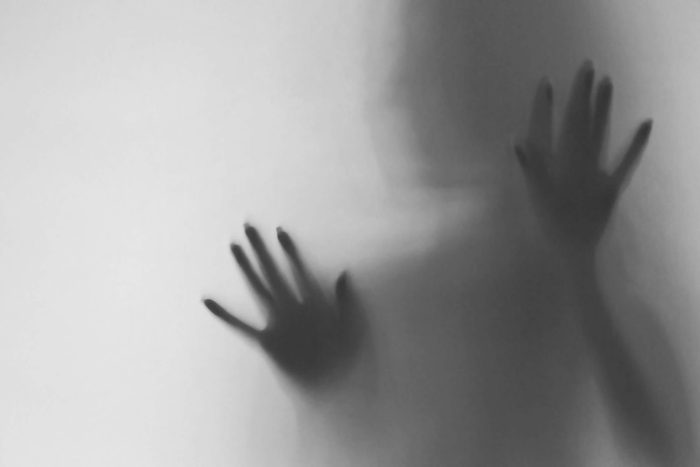
How to Become a Real-Life Ghost Hunter, According to Paranormal Investigators

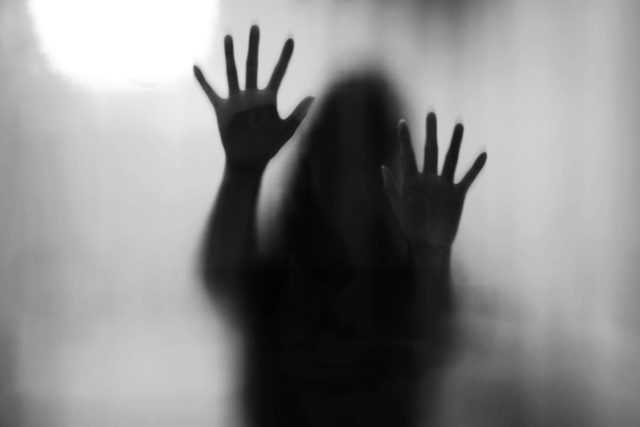
Learn about paranormal phenomena
The saying “knowledge is power” couldn’t be more true than when you’re confronting ghosts, poltergeists or, on rare occasions, demons. Make sure you educate yourself, because pretending you’re Bill Murray from Ghostbusters is useless (and foolish) on the scene of an actual haunt.
The Rhine Education Center, a parapsychology school and research institute in North Carolina that studies paranormal and psychic phenomena, is the perfect place for aspiring paranormal investigators to learn about the field and investigative techniques before they go to their first haunt. An eight-week course typically costs $200 to $250. “To prepare, you need to learn about the physical world and how it works,” says John Kruth, executive director of the Rhine Research Center. “If people are under high-powered electrical lines, that can cause electronic problems in the house, effect a person’s physical behavior or cause them to see waves in the air that aren’t there.” He suggests learning the basics of human biology, physics and engineering to help expand your knowledge behind the plausible explanations for the strange and peculiar physical phenomena you may encounter.
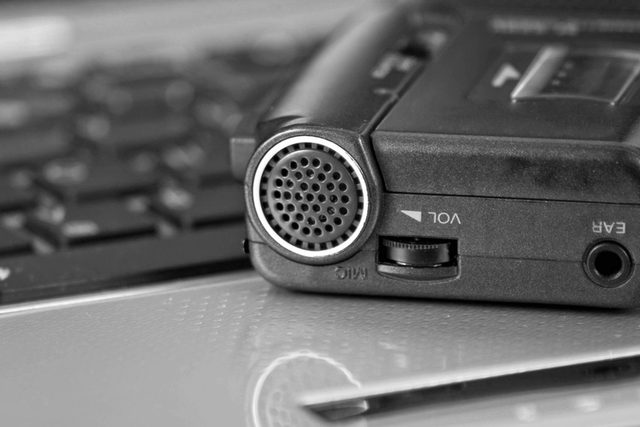
Start packing your investigation tool kit
Despite living in a technologically savvy world, ghost detectors have yet to be invented. But there are a few gadgets you can use for documenting activity and recording data. An electromagnetic field (EMF) meter is handy for measuring electromagnetic field fluctuations in an environment. Theories in the paranormal field suggest that ghosts may be able to manipulate these fields, causing unexplained increases on EMF meters. Then again, faulty electrical wiring or cell phone signal interference may also manipulate your readings.
“You need to know that environment may cause your devices to be useless,” says Loyd Auerbach, a parapsychology teacher at Rhine Education Center and paranormal investigator in California. This is why it’s important to explore and eliminate any external influences in the environment that may give you false readings. He recommends purchasing an EMF meter like the K2 Meter. You’ll also need a video camera for recording interviews and activity in a location, preferably one with night vision for filming in the dark. Your smartphone is a good starting point for video and audio recording, but remember that your phone has its limits. For the long-term, it’s best to invest in quality tech gadgets for investigations.
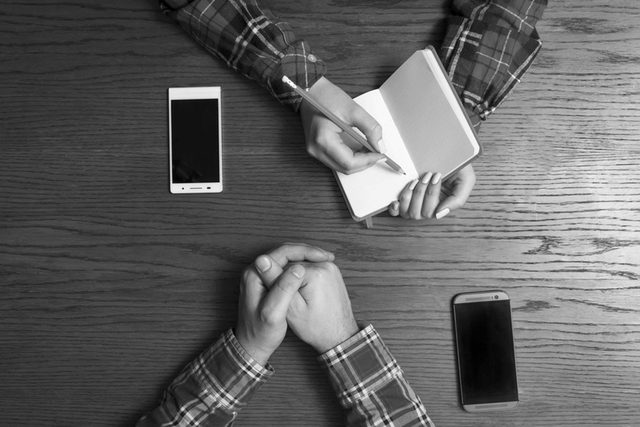
Interview your client before you make a visit
Ghost stories are nothing more than stories if you don’t have witnesses who experienced the account firsthand. You may go to a haunted house and get a bunch of readings with your tools, but if “no one is having an experience then you can’t connect those readings,” says Auerbach. “We’re investigating people’s experiences.” Interviews before, during and after a client visit are important because they help you gather information, find patterns and figure out what research needs to be done on your end to explain this peculiar physical phenomenon.
The best questions to ask include: How long has it been occurring? What incidents are happening? When does it happen? Do you know anything about the history of the house or building? Did someone die here? If you have multiple witnesses, interview them separately and together to ensure their experiences match up.

Research the location
Before you schedule a visit to a home, building or any other haunted place, try obtaining crime records from your local police department to learn about any homicides or suicides that occurred nearby or on the property. Or contact the United States Geological Survey to see if the house was built on top of a vein of quartz or crystal—two elements that may cause harmless residual hauntings, a record of energy that has imprinted on the area where a traumatic event took place, like a battlefield or murder. Crystal and quartz have been associated with being able to imprint information, but the jury is still out in regards to this theory.

Never investigate alone
You may think the ghosts or spirits are the ones you need to worry about, but unless you’re a member of the British royal family, the reality is that people can hurt you more than spirits. So choose your clients carefully. “When someone calls you to go to their house, you don’t know what you’re walking into,” says Kruth. “You have to be cautious, and this is where trusting your instincts is important. If it doesn’t seem right, don’t do it.” Ideally, it’s good to work with at least one partner, in case something goes awry with the client or investigation.
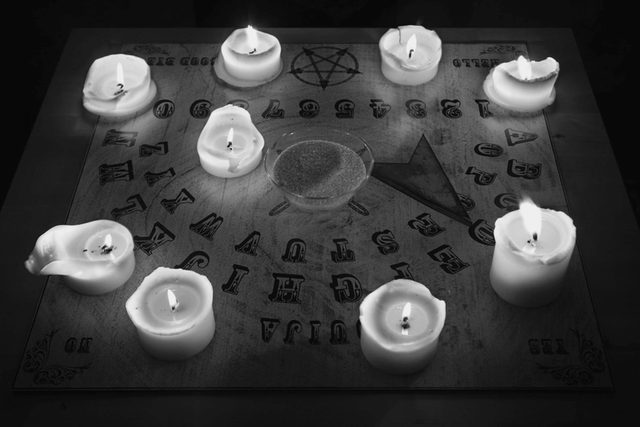
Rally up a team of experts
Of course, you want your investigative team to be professionally trained on tech and ghost protocol, but it also helps to have a team of vetted specialists like an engineer, an electrician or a geologist on speed dial for specific cases. Bringing an expert to your investigation may help you narrow down or rule out a logical explanation behind the physical phenomenon.
To vet experts, “I take them on a case, look for how useful the information is that they provide, how good they are with witnesses and if they are a good team player,” says Auerbach. A psychic or medium may also come in handy for communicating with spirits or expediting the process behind getting rid of the spirit. But you must be selective, since the number of fake mediums outweighs the number of those with true psychic abilities.

Leave the uniform at home
This isn’t Halloween or Ghostbusters, so keep the ghost-logo jumpsuit and proton pack in your closet. “If you’re going to a home, most people want confidentiality,” says Auerbach. The takeaway here is to just dress like a normal person and steer clear of the costumes.
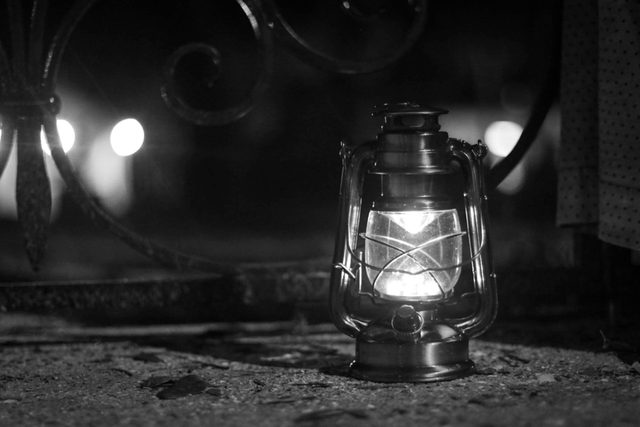
Mind your manners
Remember that you’re a guest in someone’s home, so be polite and considerate of other people’s feelings and property, even the potential spirit’s space. “You don’t see that on the shows,” says Kruth. “It’s important to be aware of your environment.”

Rule out the logical explanations first
“I go in as a situational skeptic,” says Auerbach. “I believe in ghosts and paranormal activity, but every case I go into I’m not convinced until there’s evidence.” Just because you get an EMF reading that’s higher than your baseline reading doesn’t mean you should cry “Ghost!” You need to eliminate the plausible explanations first in addition to the data you’re receiving. In fact, most of these cases are nothing more than a leaky pipe or bad wiring.

Get to know your ghost
As a paranormal investigator, you can’t fear the unknown, especially if the possibility of facing a spirit from the other side could turn into reality. If all your evidence and witness accounts lead you to a ghostly conclusion, stay calm. Often times, intelligent spirits are not mean-spirited. They may just be mourning their own death or haven’t passed to the other side because they have unfinished business in the living world.
Your best bet for getting rid of a ghost may be talking to the spirit. A number of go-to questions for spirits include asking their name, if they know they’ve died and how old they were when they died. When you’re asking these questions it’s best to be audio recording in hopes of capturing their responses, or bring a trusted medium along to help communicate. As for getting attacked by an evil spirit or encountering a demonic possession, investigators say that is extremely rare. In fact, you’re more likely to get struck by lightning than attacked by a ghost.
About the experts
|
Why trust us
At Reader’s Digest, we’re committed to producing high-quality content by writers with expertise and experience in their field in consultation with relevant, qualified experts. We rely on reputable primary sources, including government and professional organizations and academic institutions as well as our writers’ personal experiences where appropriate. We verify all facts and data, back them with credible sourcing and revisit them over time to ensure they remain accurate and up to date. Read more about our team, our contributors and our editorial policies.
Sources:
- John Kruth, founder and education director of the Rhine Education Center and executive director of the Rhine Research Center
- Loyd Auerbach, parapsychology teacher at the Rhine Education Center and paranormal investigator in California


















